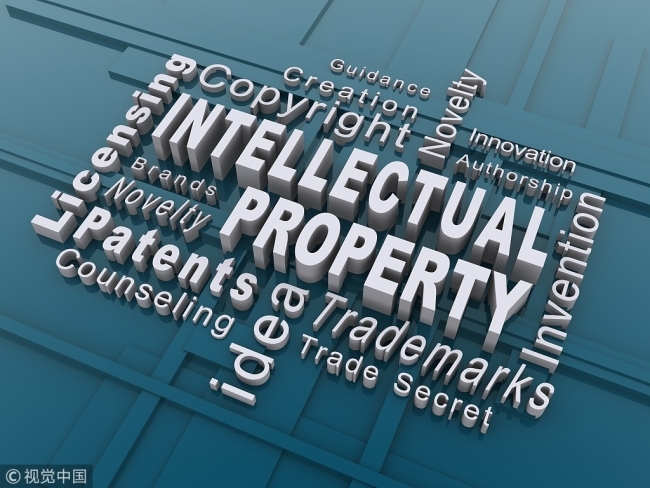IPR disputes got more attention from Chinese courts last year, official says

[Photo/VCG]
Chinese courts focused more on solving intellectual property disputes concerning new technologies and major industries in 2022 as they sought to adhere to the nation's development strategy and promote innovation, an official from China's top court said.
Last year, courts nationwide paid more attention to dealing with IP-related cases involving medicines and seeds, with greater efforts to maintain market order by better handling lawsuits regarding monopolies and unfair competition, according to Tao Kaiyuan, vice-president of the Supreme People's Court, the country's top court.
Tao discussed the handling of IP-related cases at a news conference on Thursday, noting that the Chinese courts have been working to attach greater importance to handling lawsuits relating to major and emerging industries.
She revealed that courts across the country heard more than 520,000 IP-related disputes last year, with an increase in cases involving technologies.
While requiring courts at all levels to continue improving the quality of their IP-related work, she added that the top court has also coordinated with government departments, including the Ministry of Commerce, the Ministry of Cultural and Tourism and China National Intellectual Property Administration, to jointly strengthen IP protection by increasing information sharing.
"We'll actively participate in formulating and amending laws and regulations concerning trademarks and geographical indications to help improve the country's IP legal system," said Lin Guanghai, chief judge of the top court's No 3 Civil Adjudication Tribunal, a division that specializes in handling IP cases.
"We'll also give stronger protection to the legitimate rights and interests of well-known works and characters in the works by strictly abiding by the Trademark Law and the Anti-Unfair Competition Law, in a bid to maintain the order of trademark registration and the market as well as to reduce the cost of rights protection for IP owners," he said.
In addition, the top court will strengthen efforts to build databases consisting of IP experts and technical investigators to ensure the professionalism of IP-related case handling and promote talent training, he added.









